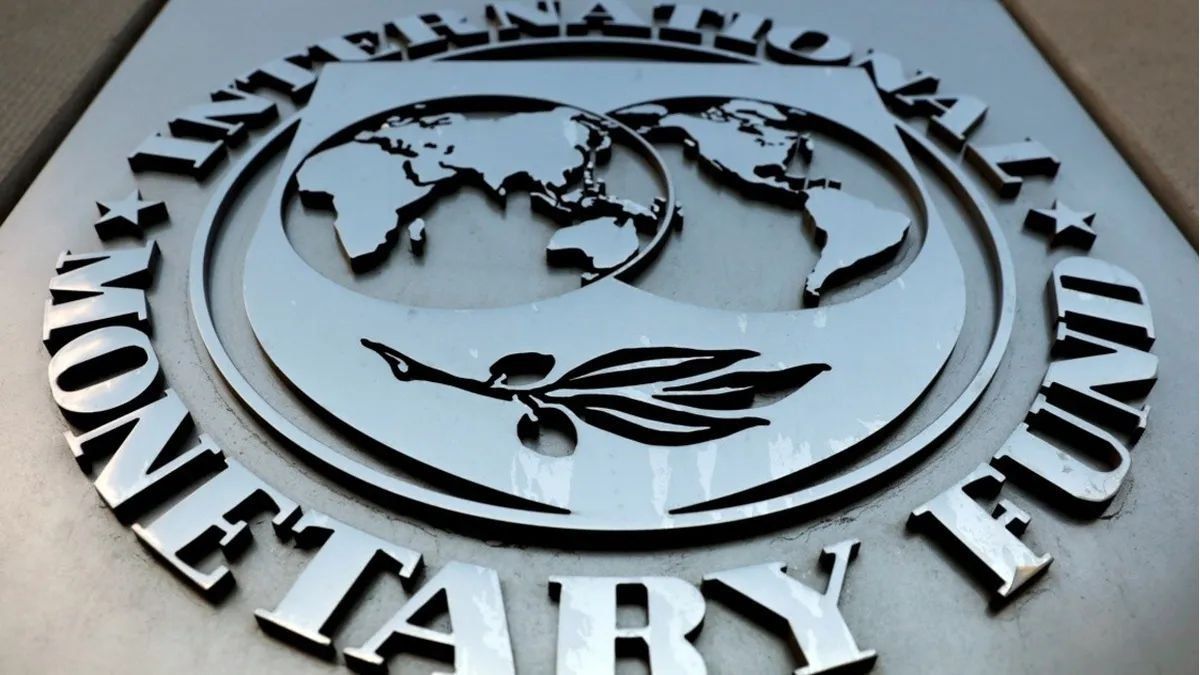To achieve this goal, the program contemplates a cut in both capital spending (public work) as in the items for retirement and pensions, equivalent to 0.4% of GDP in both cases. Thus, while spending on retirees was initially calculated at 8.5% of GDP, it now rises to 8.1%. Meanwhile, capital spending, for its part, decreased from 2.2% of GDP to 1.8%.
These adjustments will partially offset the higher energy costs. In this way, economic subsidies go from representing 2.2% of GDP to 2.6%.
The other game increases – in response to the food price shock – is the social spending which goes from 3.2% to 3.5% It should be noted that part of this expense was already made from the granting of the IFE or the bonuses for retirees.
The revision of the agreement also contemplates higher inflation: from a range of 38% to 48% it rises to 52% – 62%. In any case, this forecast is below most private estimates that anticipate a rise of at least 70% for this year.
The annual goals were ratified, but they were nominally changed in line with the higher expected inflation. Originally, the total deficit for the year was calculated at $1,758.6 billion pesos and rose to $1,884.9 billion; that is the Treasury may have a higher red at about $125,000. millions. I also know increased the Central Bank’s issuance goal by $60,000 million.
It is clear that the Fund has a more condescending view of the execution of the program, claiming that since its approval, “Global risks have been heightened not only by the war in Ukraine, but also by a resurgence of the pandemic, a rapid tightening of external financial conditions, and a slowdown in key emerging economies”.
However, be warned about the need to moderate demand in the second half of the year and reiterates that they must maintain positive interest rates and a competitive exchange rate.
reforms
forecast
One of the items that will be subject to adjustment is retirement and pensions. In this regard, the IMF points out that “it must be initiate work on the preparation of reform options to strengthen in a lasting way the equity and sustainability of the retirement system”.
In other words, the project that is in Parliament that would enable retirement without having the 30 years of contribution would not be a policy approved by the agency.
Energy
The report recalls that By the end of September, the “medium-term plan to strengthen the Argentine energy sector” must be completed (end of September 2022). This work is carried out in conjunction with the World Bank.
This plan will have “the objective of identifying options to improve the country’s energy matrix, reduce distribution losses and inefficiencies, strengthen the quality and accessibility of energy services.”
Regarding Vaca Muerta, he warns that “efforts are needed to facilitate the construction of the natural gas pipeline project to “to reduce dependence on more expensive energy imports”. It also appeals to the fact that “it continues to be essential to guarantee the transparency and governance of the bidding and contracting process.”
risks
One of the points indicated by the work is that “Argentina’s ability to pay its IMF obligations” remains subject to very high risks and it depends on a strong implementation of policies to allow an accumulation of reserves”. He warns about the need for “complete implementation of the program’s policies” that would help strengthen the balance of payments, taking into account the large commitments made with the agency.
Debts to the IMF will continue to be “around 6% of exports or 10% of gross reserves” in the medium term.
Source: Ambito
David William is a talented author who has made a name for himself in the world of writing. He is a professional author who writes on a wide range of topics, from general interest to opinion news. David is currently working as a writer at 24 hours worlds where he brings his unique perspective and in-depth research to his articles, making them both informative and engaging.




